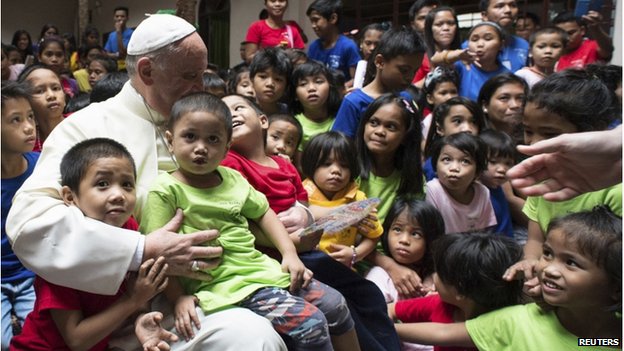ISIS deadline on Japanese captives passes
TOKYO — Japan said yesterday it was still trying to secure the release of two Japanese hostages held by Islamic State (ISIS) militants after a deadline to pay ransom for their release passed and there was no immediate word on their fate. Prime Minister Shinzo Abe’s government considered whether planned legislative changes would give it the legal basis for a military strike on the ISIS militants and concluded it did not, according to a briefing document reviewed by Reuters.
The capture of two Japanese citizens in Syria represents an “unacceptable act of terror,” the document said.
But it concluded the situation would not meet the legal conditions for the dispatch of Japanese forces, whose activities abroad are constrained by the pacifist, post-war constitution, even under planned changes to the current interpretation of the charter.
In an online video released on Tuesday, a black-clad figure holding a knife stood between journalist Kenji Goto and Haruna Yukawa, threatening to kill them if Tokyo did not pay Islamic State $200 million within 72 hours.
Abe has said saving the men’s lives is paramount but that Japan will not bow to terrorism. Japanese officials have declined to say if they would pay any ransom, a move that would put Tokyo at odds with close ally the United States.
“Despite the fact that the situation is severe, we’re continuing to seek co-operation from all countries, tribal leaders and religious representatives who might have contacts with an aim to secure the early release of the two Japanese,” chief government spokesperson Yoshihide Suga told reporters.
Goto’s mother pleaded for his release just hours before the deadline passed.
“My son Kenji isn’t an enemy of the people of the Islamic faith. I can only pray as a mother for his release,” Junko Ishido told a packed news conference, choking back tears.
“If I could offer my life I would plead that my son be released, it would be a small sacrifice on my part.
“He only went to rescue his friend. He has always looked out for weaker people, he was always helping weaker children than him,” she added.
Abe has ordered his government to make every effort to secure their safe release, setting off a flurry of activity among Japanese diplomats.
However, sources familiar with the matter said Japanese diplomats had told the families of the two captives prior to the video’s release that no ransom would be paid.
The captor in the video, which resembles those showing previous ISIS captives, said the ransom demand matched the $200 million in aid that Abe pledged to help countries fighting Islamist militants.
Japan in 1977 paid $6 million to Japanese Red Army hijackers in Dhaka, with then-Prime Minister Takeo Fukuda saying “the lives of hostages outweighs the earth”. — Reuters










Comments